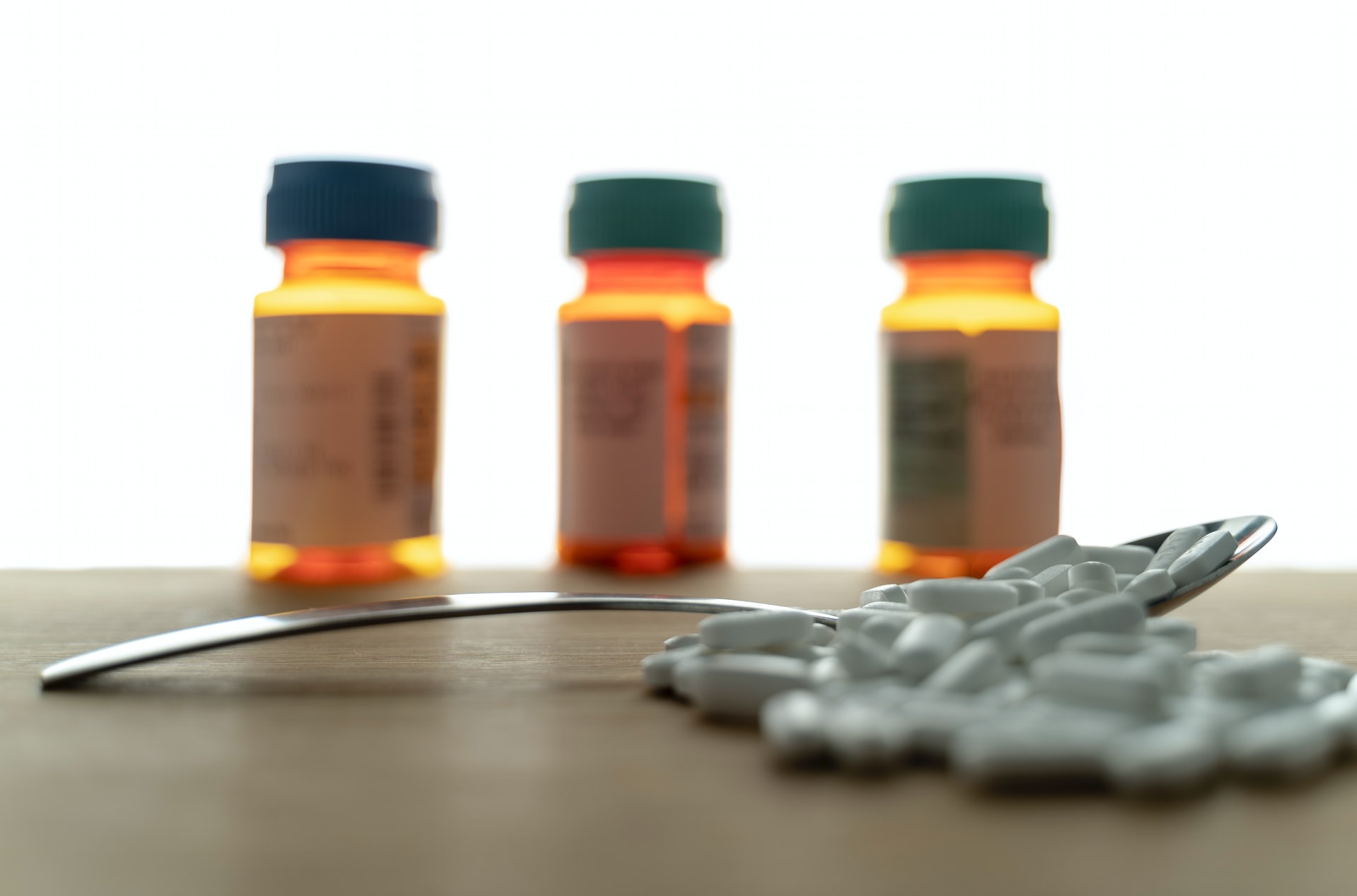College students with physical and cognitive disabilities use illicit drugs at significantly higher levels than their non-disabled peers, a study by Rutgers University has found. They were also more likely to be current marijuana and cocaine users and to have tried heroin.
Nearly one-fourth of the disabled students reported that they were currently using illegal drugs. The misuse of prescription psychotherapeutic medications was also prevalent.
One potential reason that was highlighted is the possibility that this subset of students relied on self-medication.
The study, recently published in the Disability and Health Journal, highlights the need to improve the United States’ support system in the education sector.
“It is well established that young adults are especially vulnerable to mental illness and drug use disorders. Having a disability may increase their risk for substance use,” the study explained.
Improving Mental Health System
Healthcare providers, alongside colleges and universities, are urged to improve their capacity to provide mental health support.
The study highlighted how health care providers “should be especially cognizant when treating this population, particularly when prescribing medications that may lead to misuse, abuse, or dependence.”
One suggestion involves tailored interventions in drug prevention and treatment programs that are readily available in colleges and universities.
The study concluded that as more people are given opportunities to pursue post-secondary education, it is crucial to maintain support for them throughout their journey — particularly when heightened drug use can not just affect the education of disabled individuals, but their long-term rehabilitation as well.



